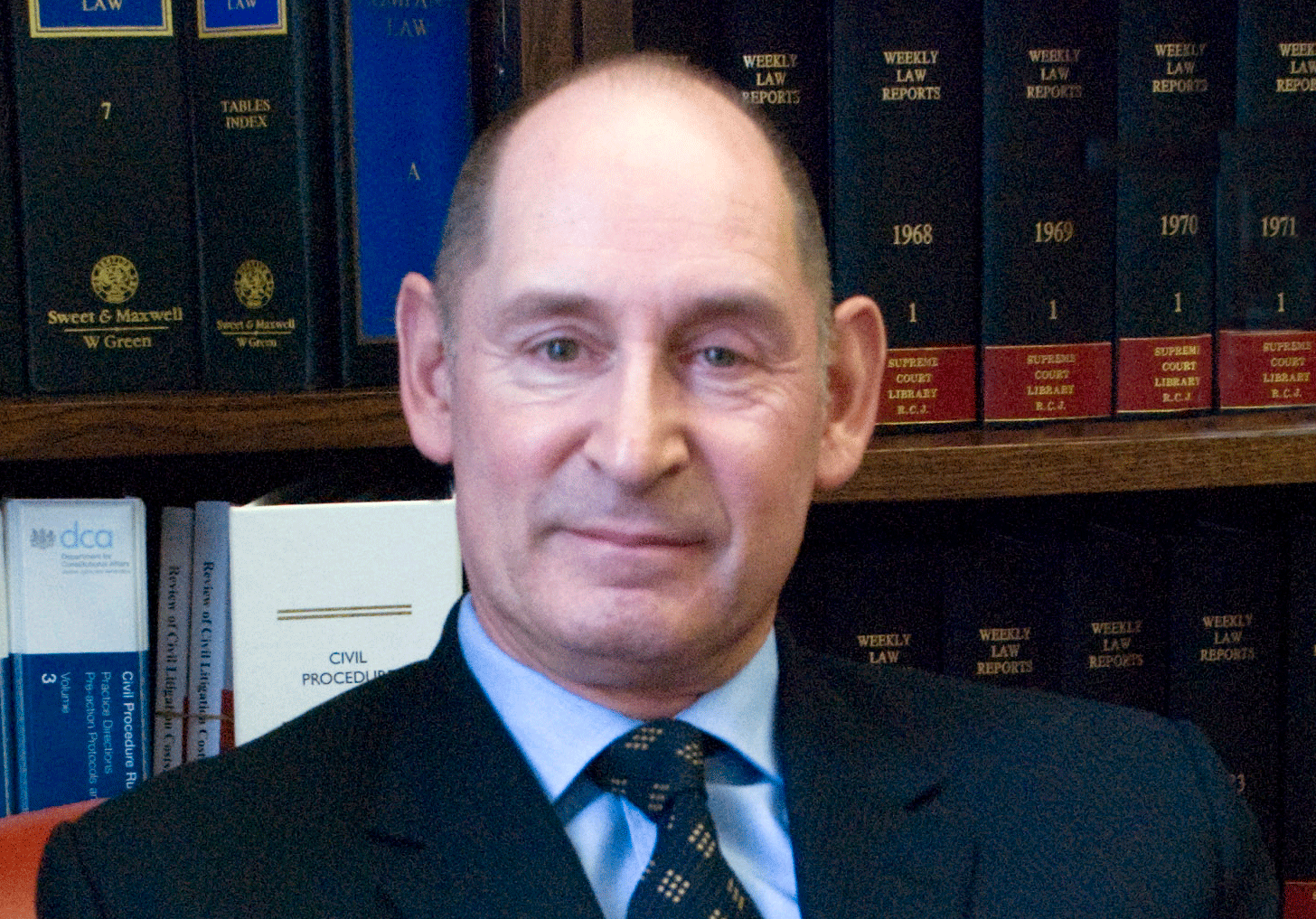Former master of the rolls Lord Etherton has died, the lady chief justice announced this morning. He was 73.
Terence Etherton attended St Paul’s School in London and studied history and law at Cambridge before being called to the bar by Gray’s Inn in 1974. He practised from what became Wilberforce Chambers between 1975 and 2000 as a specialist in property, and landlord and tenant law.
Etherton became a judge of the Chancery Division of the High Court in 2001 and moved to the Court of Appeal in 2008, a promotion which straddled his time as chair of the Law Commission. He became chancellor of the High Court in 2013 and succeeded Lord Dyson as master of the rolls in 2016, stepping down at the end of 2020. Appointed a life peer, Etherton sat as a cross-bencher.

‘It is with great sadness that I write to inform you that Lord Etherton, chancellor of the High Court between 2013 and 2016 and master of the rolls between 2016 and 2021, passed away yesterday,’ LCJ Baroness Carr of Walton-on-the-Hill announced. ‘Lord Etherton was an inspiring judge and leader, with a passionate commitment to access to justice, and a true friend to so many of us. Our thoughts are with his husband, Andrew, and family.’
Etherton was one of three senior judges notoriously described by The Daily Mail in a 2016 headline as 'Enemies of the People' following the High Court’s decision in the Miller case. He was the first openly gay judge appointed to the High Court. In his valedictory speech as MR, Etherton said he hoped his decision to live a ‘totally open and honest life as a gay man in a court setting’ would inspire others to do the same.
In a eulogy delivered on his retirement, former LCJ Lord Burnett of Maldon cited a tweet from Harry Potter author JK Rowling: ‘It said “if the worst they can say about you is you’re an openly gay excellent Olympic fencer top judge, you’ve basically won at life.” Quite so.’
In his youth, Etherton was a member of the Great Britain senior international fencing team.
Etherton also had a keen interest in mental health. He was a member of the Mental Health Review Tribunal between 1994 and 1999, chair of Broadmoor Hospital Authority between 1999 and 2001, and of the West London Mental Health and NHS Trust between 2000 and 2001.
This article is now closed for comment.































3 Readers' comments